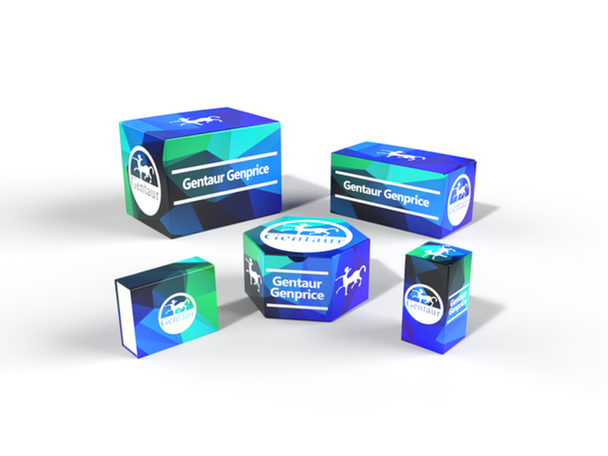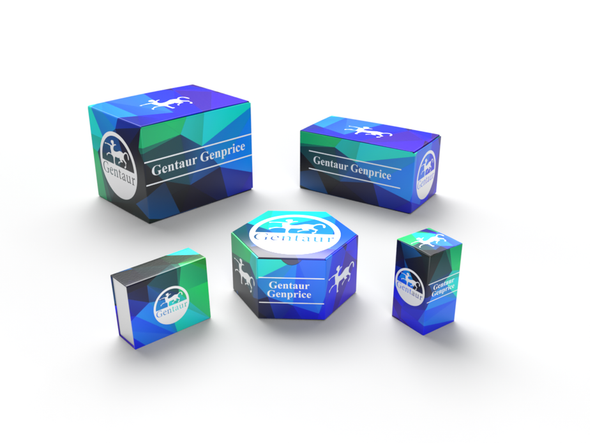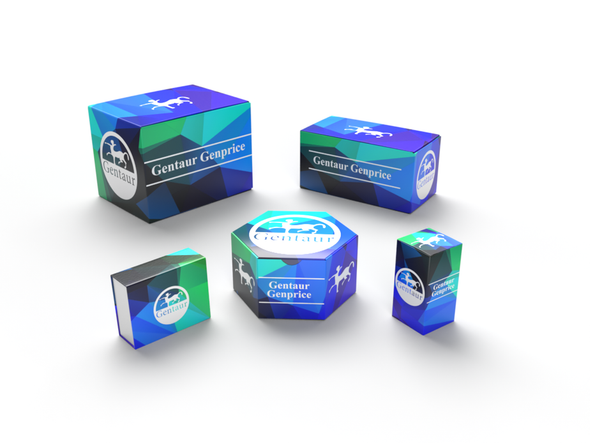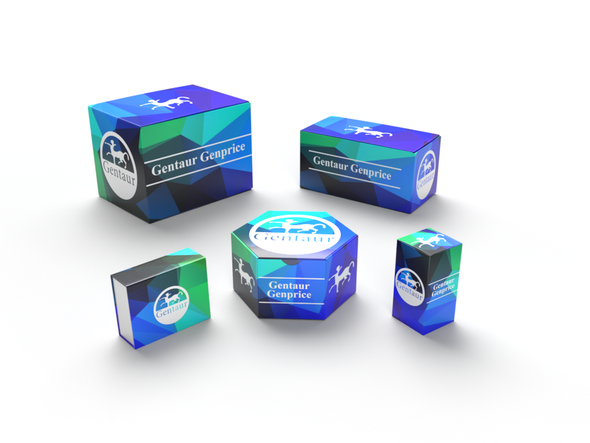Description
CDC14B Antibody | 63-773 | Gentaur UK, US & Europe Distribution
Host: Rabbit
Reactivity: Human
Homology: Predicted species reactivity based on immunogen sequence: Mouse
Immunogen: This CDC14B antibody is generated from rabbits immunized with a KLH conjugated synthetic peptide between 188-215 amino acids from the Central region of human CDC14B.
Research Area: Cell Cycle, Signal Transduction
Tested Application: WB, Flow
Application: For WB starting dilution is: 1:1000
For FACS starting dilution is: 1:10~50
Specificiy: N/A
Positive Control 1: N/A
Positive Control 2: N/A
Positive Control 3: N/A
Positive Control 4: N/A
Positive Control 5: N/A
Positive Control 6: N/A
Molecular Weight: 57 kDa
Validation: N/A
Isoform: N/A
Purification: This antibody is prepared by Saturated Ammonium Sulfate (SAS) precipitation followed by dialysis
Clonality: Polyclonal
Clone: N/A
Isotype: Rabbit Ig
Conjugate: Unconjugated
Physical State: Liquid
Buffer: Supplied in PBS with 0.09% (W/V) sodium azide.
Concentration: batch dependent
Storage Condition: Store at 4˚C for three months and -20˚C, stable for up to one year. As with all antibodies care should be taken to avoid repeated freeze thaw cycles. Antibodies should not be exposed to prolonged high temperatures.
Alternate Name: Dual specificity protein phosphatase CDC14B, CDC14 cell division cycle 14 homolog B, CDC14B
User Note: Optimal dilutions for each application to be determined by the researcher.
BACKGROUND: CDC14B is a member of the dual specificity protein tyrosine phosphatase family. This protein is highly similar to Saccharomyces cerevisiae Cdc14, a protein tyrosine phosphatase involved in the exit of cell mitosis and initiation of DNA replication, which suggests the role in cell cycle control. This protein has been shown to interact with and dephosphorylates tumor suppressor protein p53, and is thought to regulate the function of p53. Alternative splice of this gene results in 3 transcript variants encoding distinct isoforms.




![CDC14B Antibody (Center) [APR06140G] CDC14B Antibody (Center) [APR06140G]](https://cdn11.bigcommerce.com/s-1rdwiq712m/images/stencil/590x590/products/59659/59963/gentaur-genprice__26005.1661610467__29809.1661628092__75433.1661676199__77988.1661684280__64362.1661692443__89452.1661856478.png?c=1)

